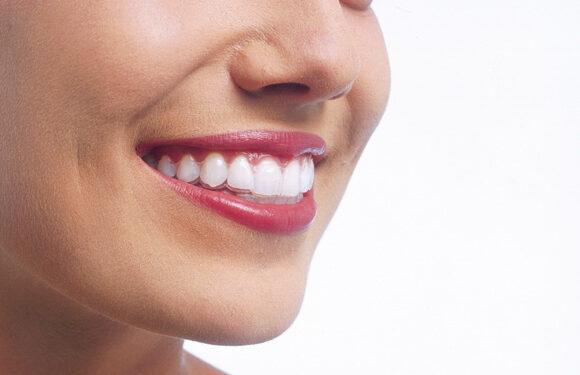
Braces are orthodontic devices used to straighten teeth and improve the alignment of the teeth and jaw. Oral hygiene refers to the practice of maintaining a clean and healthy mouth through regular brushing, flossing, and dental check-ups. When teeth are misaligned, it can be challenging to maintain good oral hygiene, as food particles and plaque can accumulate in the crevices and corners of the mouth.
Braces are typically placed on teeth by an orthodontist or by an Epping dentist specialist who specializes in the diagnosis, prevention, and treatment of dental and facial irregularities. The placement of braces involves several steps, including:
1. Initial consultation and examination
2. Creating a model of the teeth and developing a treatment plan
3. Applying bonding adhesive to the teeth and attaching brackets
4. Inserting the archwire and adjusting the brackets as necessary
Braces can improve oral hygiene by making it easier to clean the teeth and mouth. When teeth are straight, it is simpler to brush and floss, as there are fewer nooks and crannies for bacteria and plaque to hide. Straight teeth also improve the overall aesthetic appearance of the smile, boosting self-confidence and self-esteem.
However, wearing braces also requires special attention to oral hygiene. Brackets and wires can trap food particles and plaque, leading to an increased risk of tooth decay and gum disease. Regular brushing and flossing, as well as using a fluoride mouthwash, can help to mitigate these risks.
It is essential to visit your Epping dentist regularly while wearing braces to ensure that your teeth and mouth remain healthy. Your dentist Epping specialist can provide personalized recommendations for maintaining good oral hygiene while wearing braces and help to address any concerns or issues that may arise. With proper care and attention, braces can help to improve oral hygiene and create a beautiful, healthy smile that lasts a lifetime.